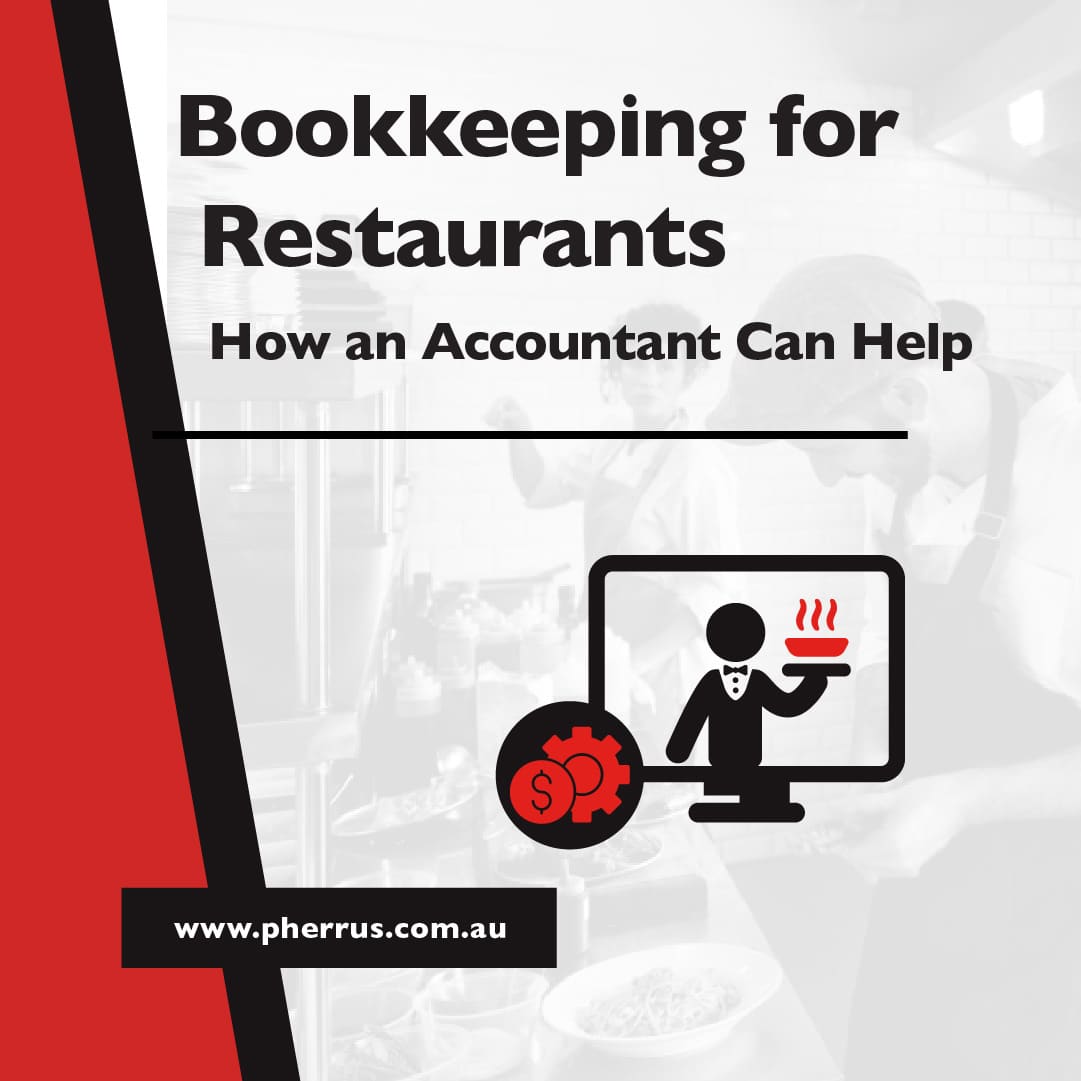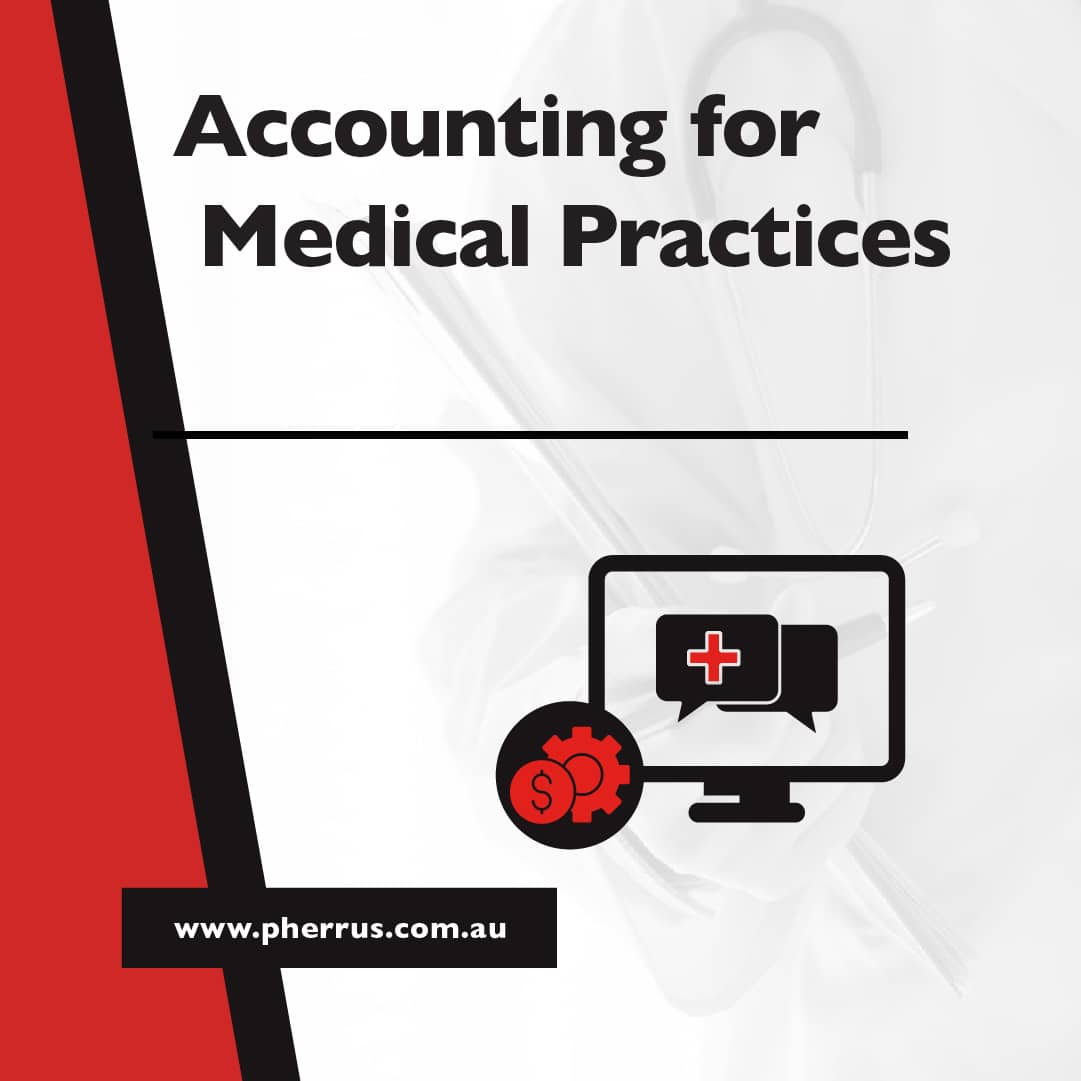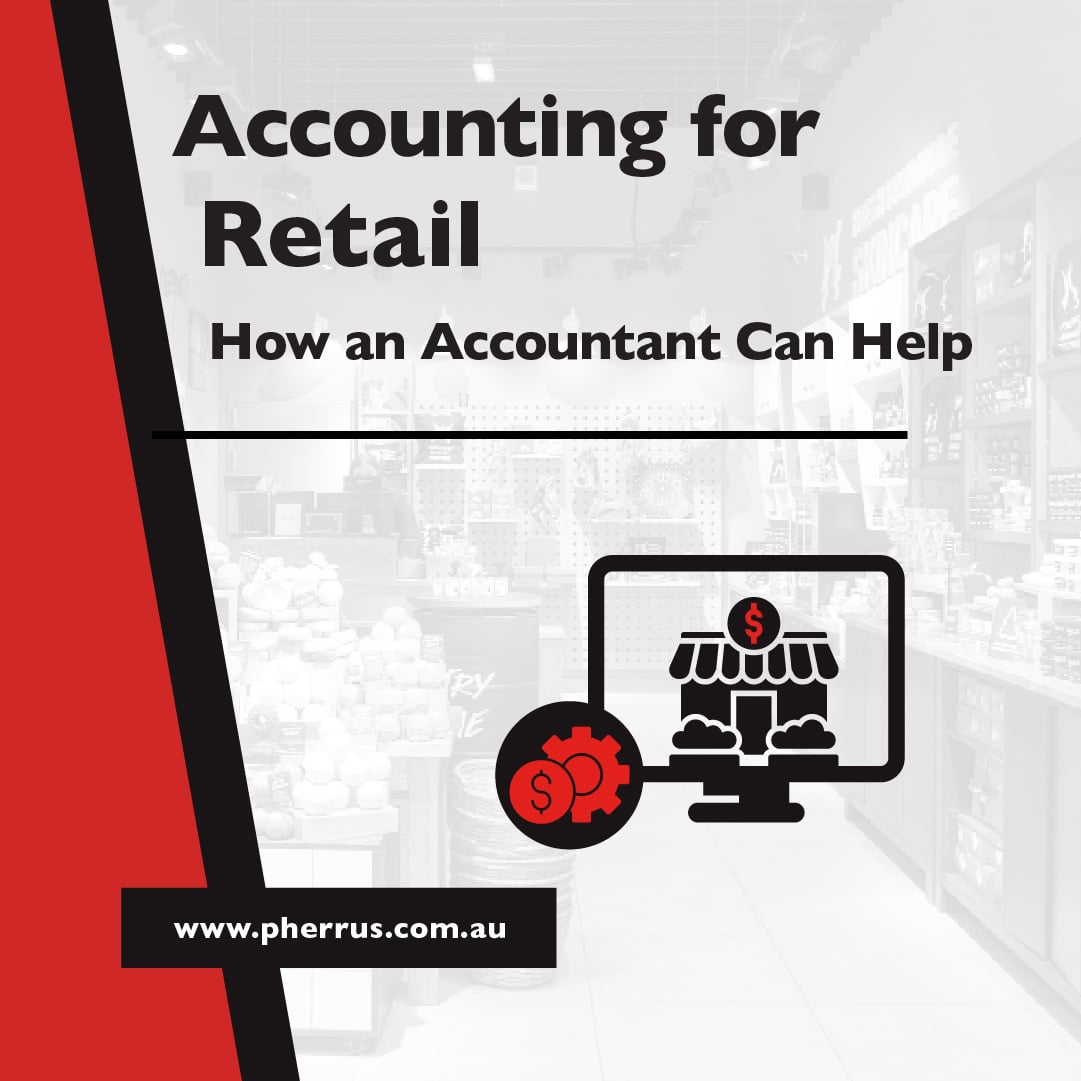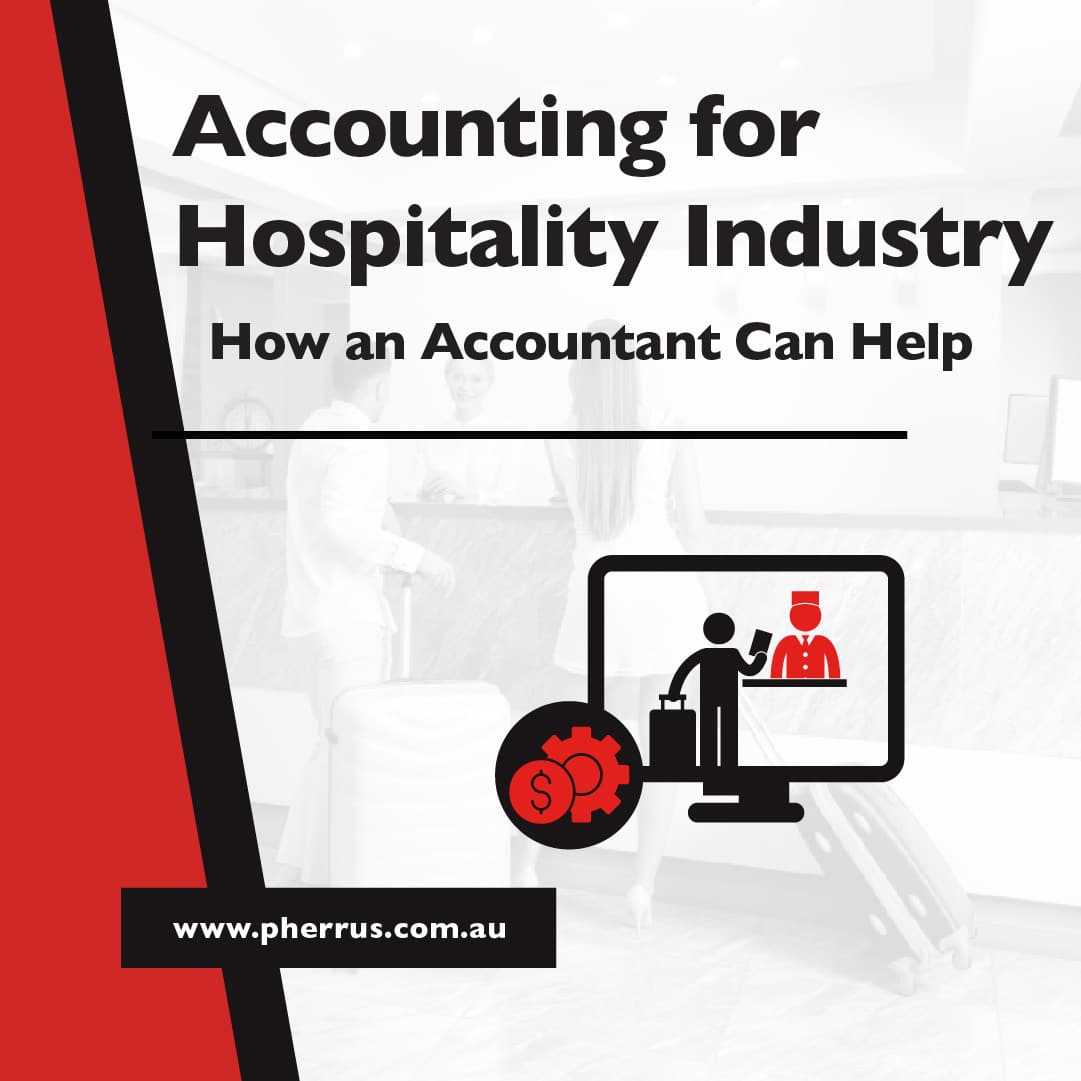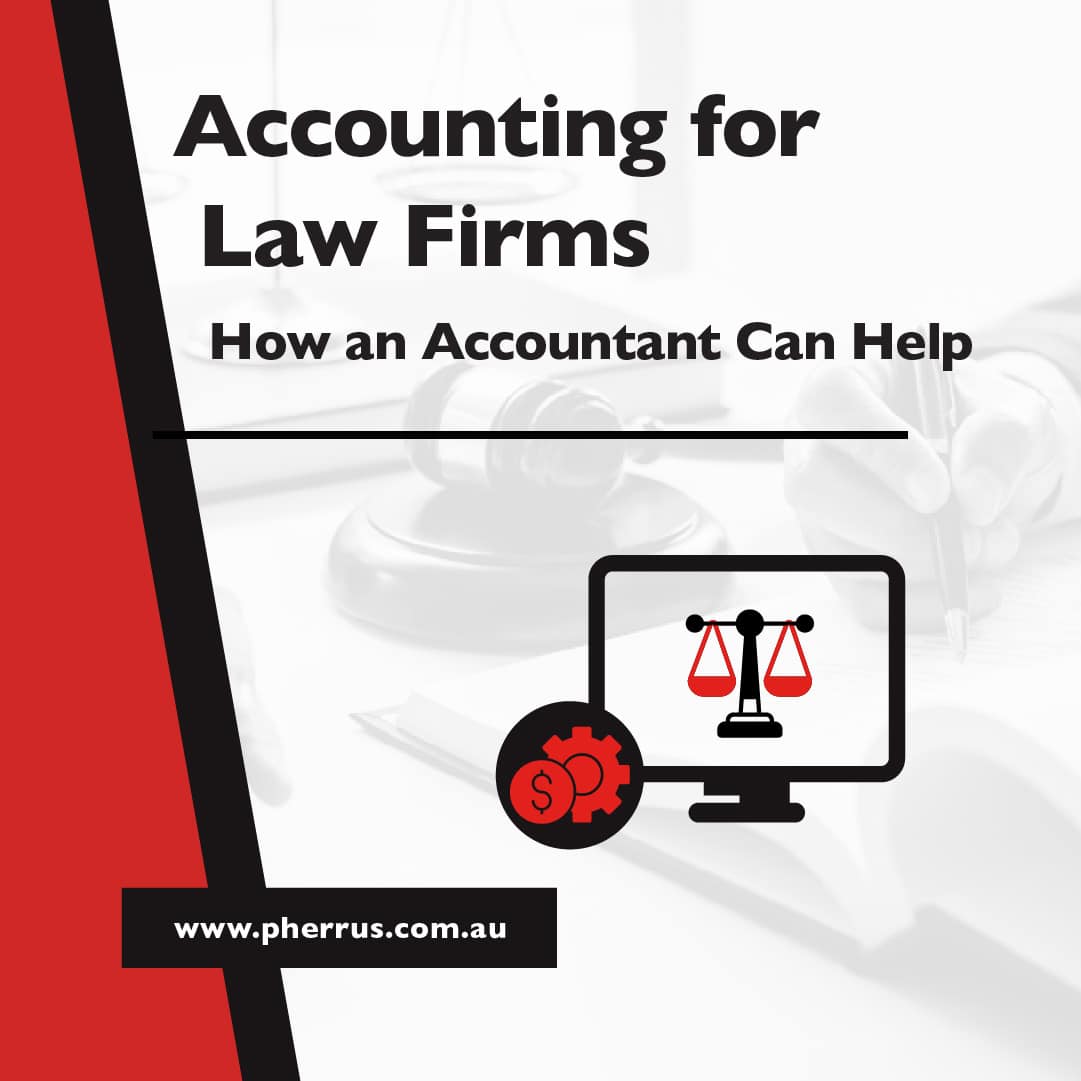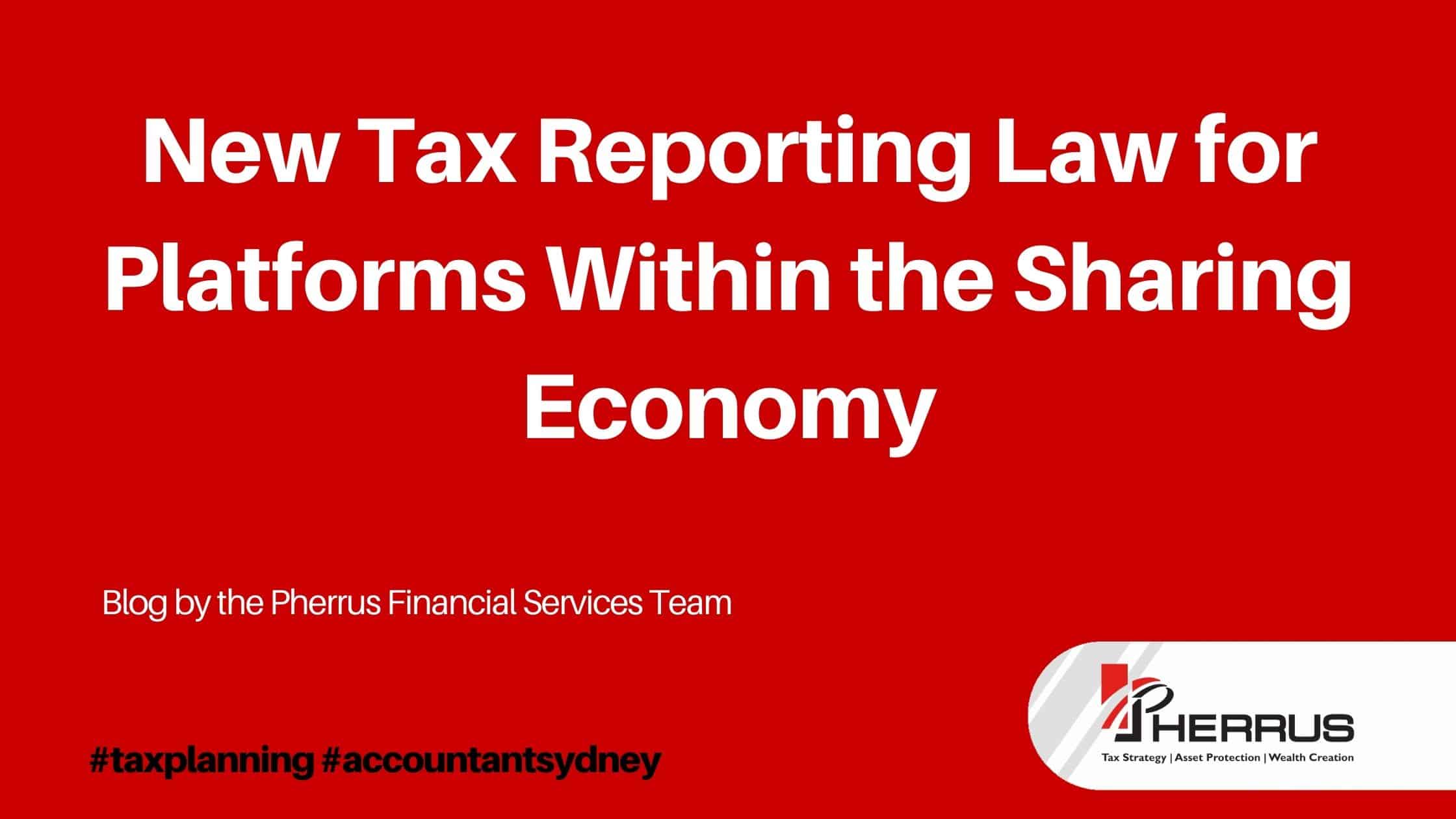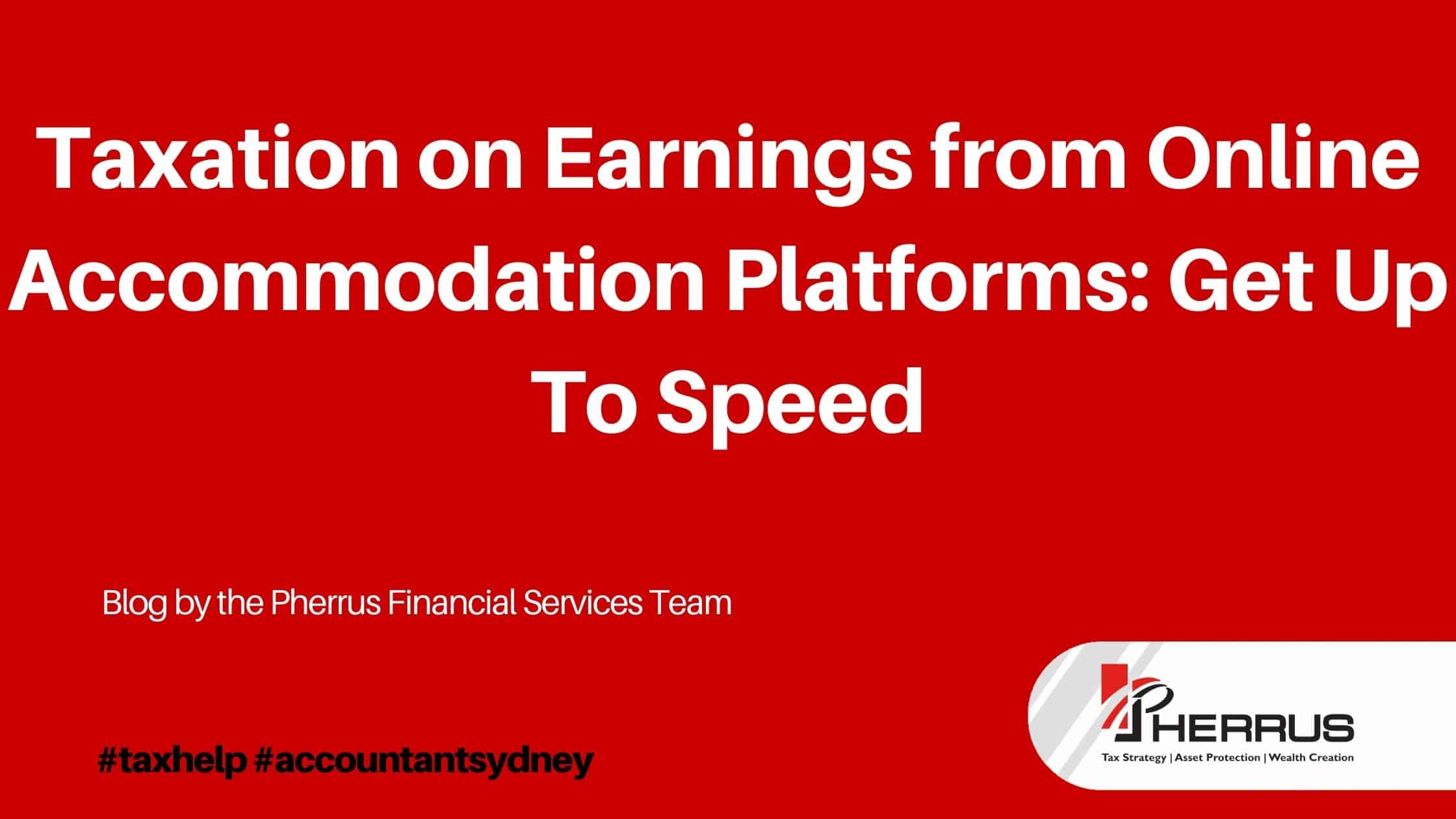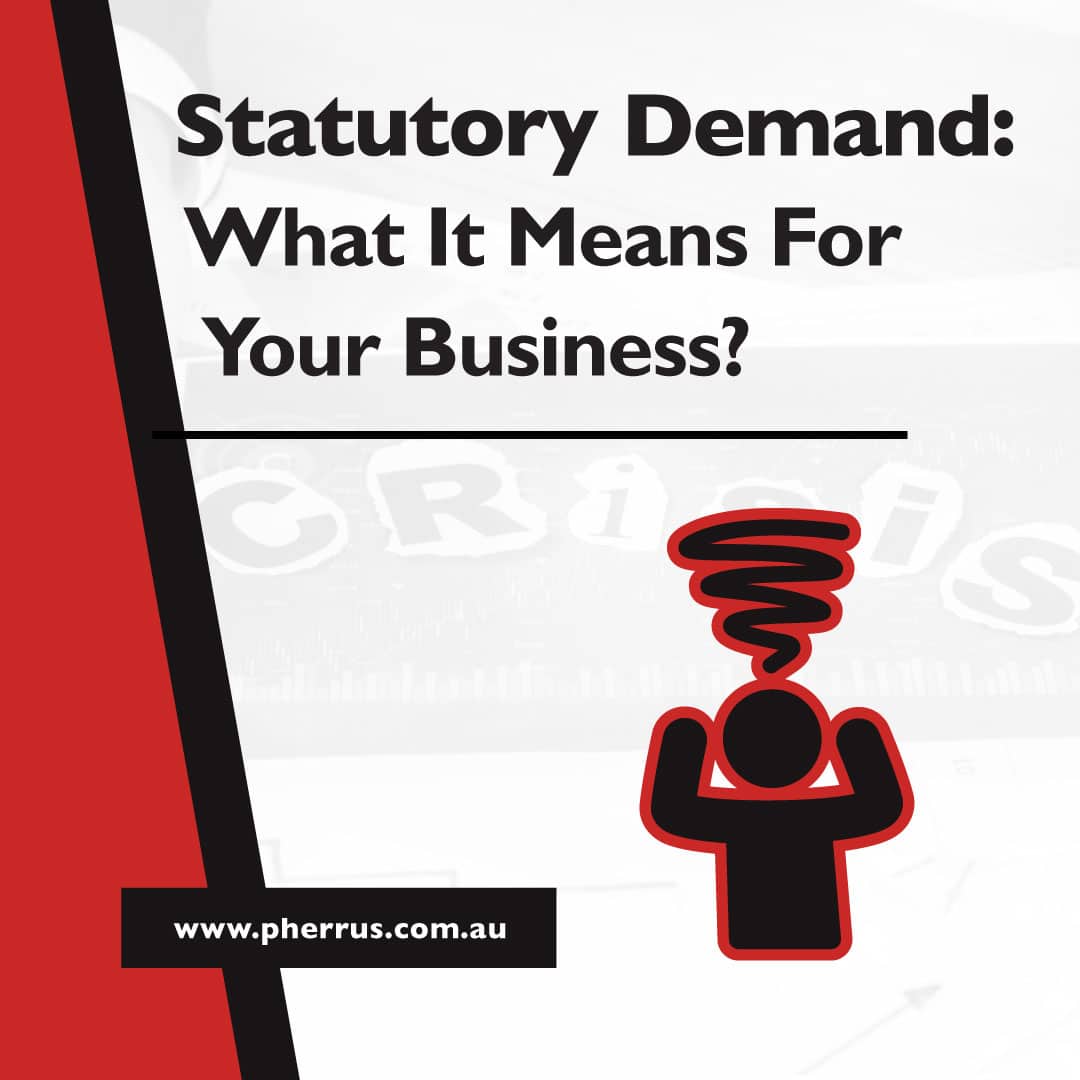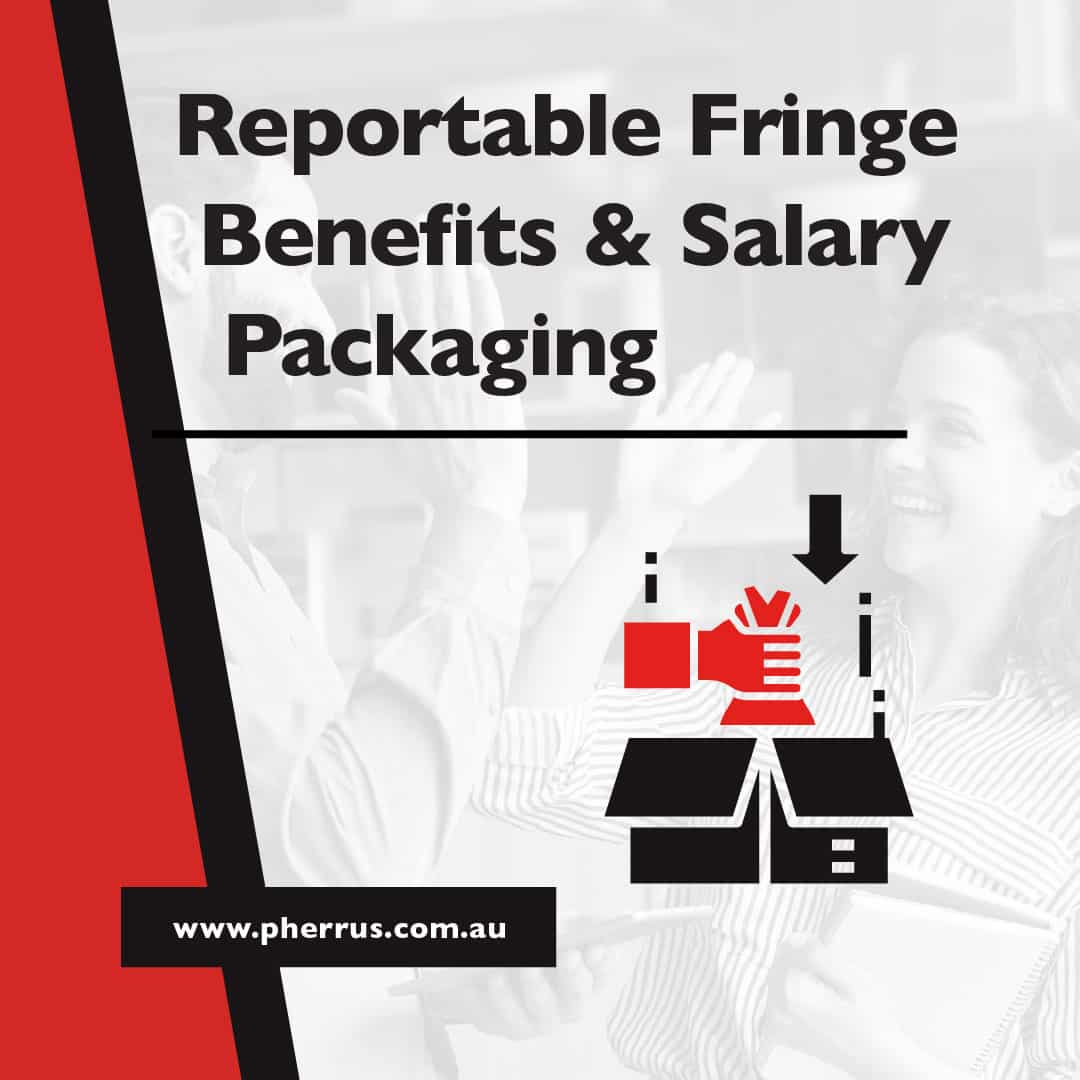Bookkeeping for Restaurants – How an Accountant Can Help
As a restaurant owner, you want your financial records to be like a masterfully crafted, perfectly seasoned dish, with every number in its proper place and every expense accounted for. But let’s face it, in the fast-paced world of the culinary industry, your finances can sometimes look more like a chaotic kitchen after a Saturday…

